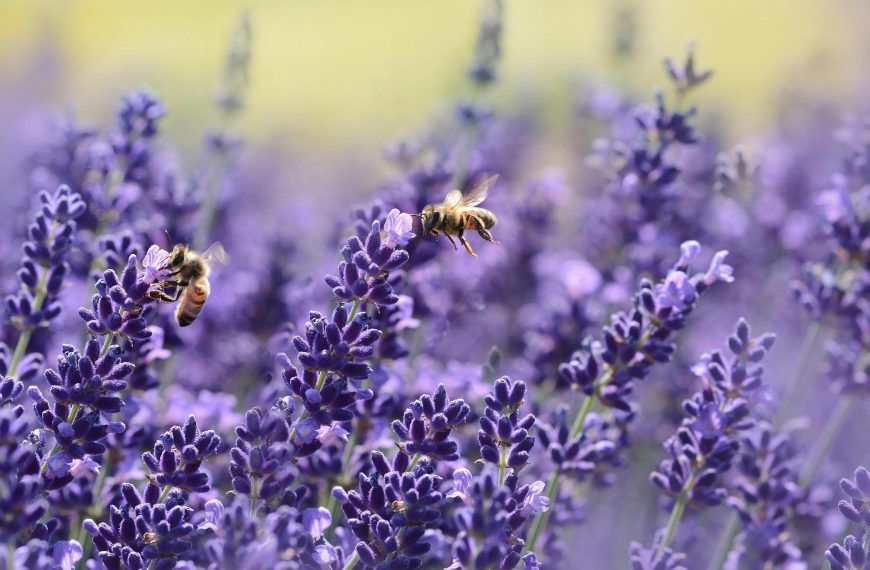Organic farming is often celebrated as a choice compared to farming methods promoting benefits such as reduced use of chemicals, enhanced soil quality, and the preservation of biodiversity. Supporters argue that organic practices help lessen the effects of agriculture on ecosystems and human well-being. However, upon inspection, it becomes evident that there are both negative environmental consequences linked to organic farming.
Reduction in Chemical Usage
An aspect of farming is the rejection of synthetic pesticides, herbicides, and fertilizers. Instead, organic farmers rely on techniques like crop rotation, biological pest control, and composting to sustain soil fertility and manage pests. By steering clear of substances, organic agriculture lowers the risk of water and soil pollution, thereby lessening the detrimental impact on aquatic environments and wildlife.
Furthermore, the absence of chemical residues in crops benefits health by eliminating potential exposure to harmful substances. Research indicates that organic foods have lower levels of pesticide residues compared to conventionally grown produce, providing consumers with a safer choice while potentially reducing health concerns related to pesticide exposure.
Soil Health Improvement and Carbon Storage
Organic farming methods prioritize soil health through practices such as cover cropping, crop rotation, and the application of organic materials. These methods help improve the quality of soil, promote the activity of microorganisms, and enhance the cycling of nutrients, resulting in soil fertility and less erosion. Healthy soils serve as a storage for carbon dioxide from the atmosphere, aiding in addressing climate change.
Moreover, organic agriculture typically uses tilling compared to conventional farming practices, which can protect soil structure and reduce carbon loss due to erosion. By encouraging the accumulation of organic matter in soil, farms play a role in capturing carbon and contributing to climate change mitigation.
Preservation of Biodiversity
The implementation of diverse crop systems and conservation measures on farms supports biodiversity on agricultural land. By steering clear of monocultures and creating habitats for insects, birds, and other wildlife, organic farms help maintain a balanced ecosystem. This diversity can boost pollination services, natural pest management, and overall ecosystem strength.
Additionally, by avoiding pesticides in farming practices, the risk to non-target organisms like bees, birds, and aquatic species is reduced. Organic farms often act as sanctuaries for pollinators and other helpful insects, aiding in conserving biodiversity both within and beyond farm boundaries.
Water Conservation
Organic farming typically adopts techniques that prioritize conserving water resources while maintaining water quality. Organic farms improve soil health and water retention by focusing on organic matter content, which reduces the need for irrigation and minimizes water runoff. This, in turn, helps prevent soil erosion and nutrient leaching that could harm water quality in rivers, lakes, and aquifers.
Furthermore, organic agriculture avoids fertilizers and pesticides, lowering the risk of pollution in water bodies. By reducing runoff and pesticide drift, farming safeguards aquatic ecosystems and promotes the well-being of aquatic life.
Challenges and Constraints
Although organic farming offers benefits, it faces challenges. Organic methods often yield less than conventional approaches, necessitating more land to produce equivalent food quantities. This may result in changes in land use and habitat conversion that could counterbalance some of the biodiversity advantages linked to organic farming.
Moreover, organic agriculture is not without its concerns like soil erosion, nutrient runoff, and greenhouse gas emissions. While these issues can be mitigated to some extent by practices, they do not solve all problems associated with farming.
Compared to conventional agriculture, organic farming provides significant environmental advantages such as decreased chemical usage, enhanced soil health, biodiversity preservation, and effective water management. Organic farming plays a role in promoting sustainability by enhancing the resilience of agricultural ecosystems and tackling pressing environmental issues like climate change, soil depletion, and loss of biodiversity.
Organic farming faces its set of hurdles requiring a delicate equilibrium between environmental responsibility, ensuring food security, and maintaining economic feasibility. With the increasing demand for food, it is essential to explore ways to incorporate organic farming principles into conventional agricultural methods while overcoming its challenges. This approach is crucial for developing a food system for the future.









